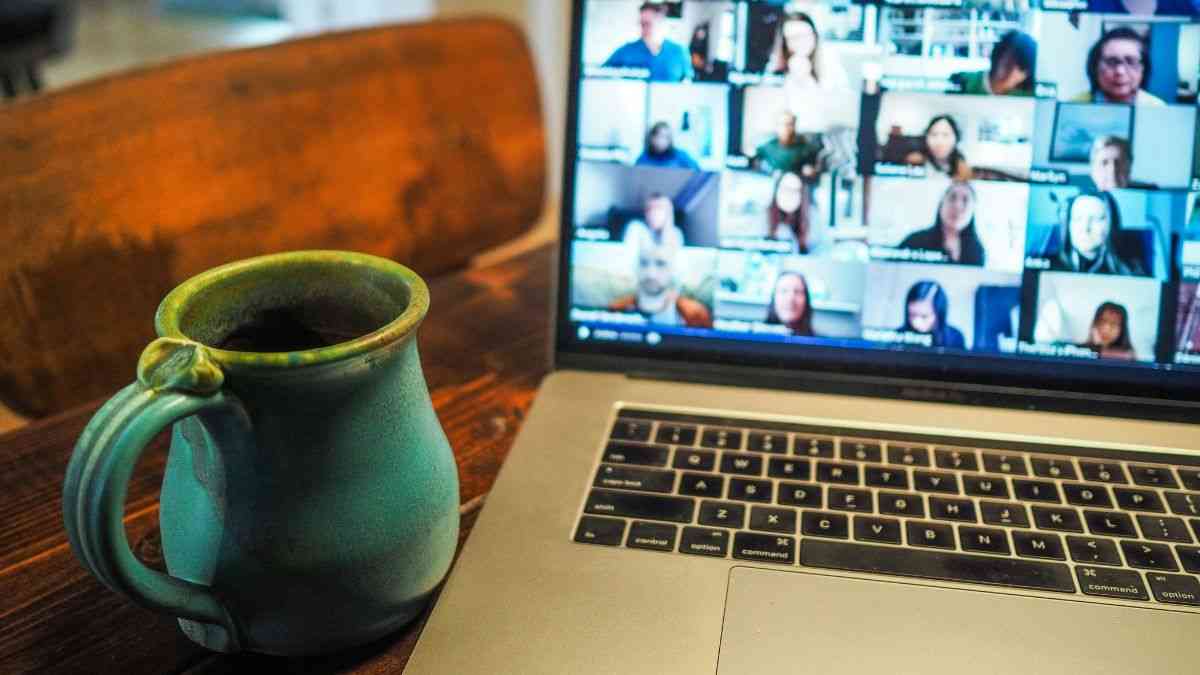Science
The More Absurd, the Greater the Belief: Where Conspiracy Theories Come From
08 January 2026

Workers in Australia are willing to give up $24,000 a year just to avoid going back to the office full-time. For many, remote work has become more valuable than money — and that’s just one of the shifts reshaping careers and city life. How lasting are these changes, and what will they mean for the future?
Before the pandemic, Fridays at the office had their own unwritten rules: casual dress, quiet music, and conversations about weekend plans. Today, those hallways are often empty. Many employees have turned Friday into their unofficial “work-from-home day.” What started as a forced response to a global crisis has permanently transformed the way we think about work.
How could so much change so quickly? Dr. Subha Parida, a researcher at the University of South Australia (UniSA), notes in a recent university publication that remote work was a marginal phenomenon before the pandemic. Sudden lockdowns accelerated its spread dramatically. But what does remote work mean for employees and employers today?
The shift is massive and far-reaching. According to the Australian Bureau of Statistics, 60% of managers and 37% of all employees now work remotely on a regular basis. Dr. Parida observes: “Even when restrictions were gradually lifted, many employees continued remote work at least part of the time, which points to a significant cultural change.” And it is employees who are now setting the terms. “Recent surveys reveal that 78% of Australian workers would not consider a job with a company that doesn’t have a formal flexible work policy,” she adds.
Worth reading: He Replied with a Thumbs-Up. That Mistake Cost Him $61,000
Are we really willing to trade money for flexibility? According to research published in the Journal of Economic Behavior & Organization, nearly half of Australian employees would accept a pay cut to work remotely. One in five would give up as much as $24,000 a year! Why? Dr. Lynette Washington, one of the study’s authors, explains that participants highlighted “health and well-being benefits of remote work, as well as a sense of achieving better work-life balance. They exercised more, reported greater life satisfaction, and felt better able to handle personal and family matters.”
Not everyone is so eager to make sacrifices, though. Younger employees in their 20s are less willing to give up income. They fear that staying home will harm their career growth and limit opportunities to build professional relationships.
The remote work boom has consequences outside the office as well. Local businesses in downtown business districts — cafes, restaurants, and bars — are suffering from lower weekday traffic. Some have started offering evening services to attract customers after work hours, while others simply close on slow days.
Work culture itself is evolving, shifting toward valuing outcomes over sticking to rigid schedules. “We also value employee mental health and work-life balance more,“ says Dr. Parida. She notes that “the cultural context has moved from physical space to a virtual environment — thanks to technology. Although companies stand at a crossroads, the key is balancing the benefits of working from home with the advantages of returning to the office.”
Will employees’ changing priorities — putting flexibility ahead of pay — prove permanent? Or will companies eventually draw us back to the office? Perhaps we’ll never fully return to a world where the office was the only place to work. The future belongs to hybrid work, combining the best of both worlds.
Read the original article: Elastyczność nad pieniądze. Jak zmieniają się priorytety pracowników
Science
08 January 2026



Zmień tryb na ciemny